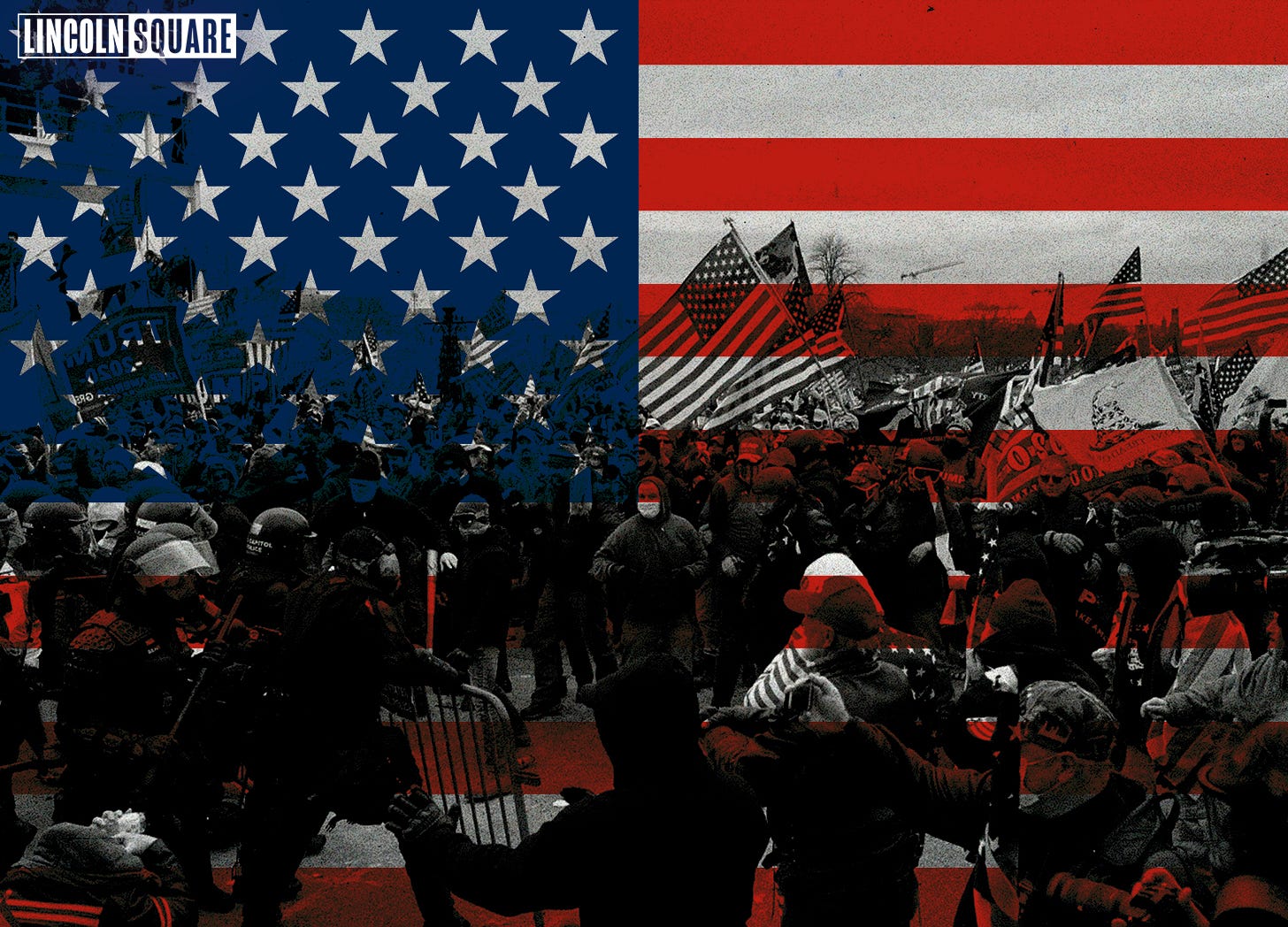Political Violence Isn't Rare In America
It is a necessary condition for the continuation of white supremacy.
As a 26-year-old Black American man, I have witnessed widespread political violence nearly every day of my life. I have been a victim of political violence myself, and that experience is far from unique.
Political violence is a defining feature of the American experience — a truth often overshadowed by claims that such violence is a relatively new crisi…




